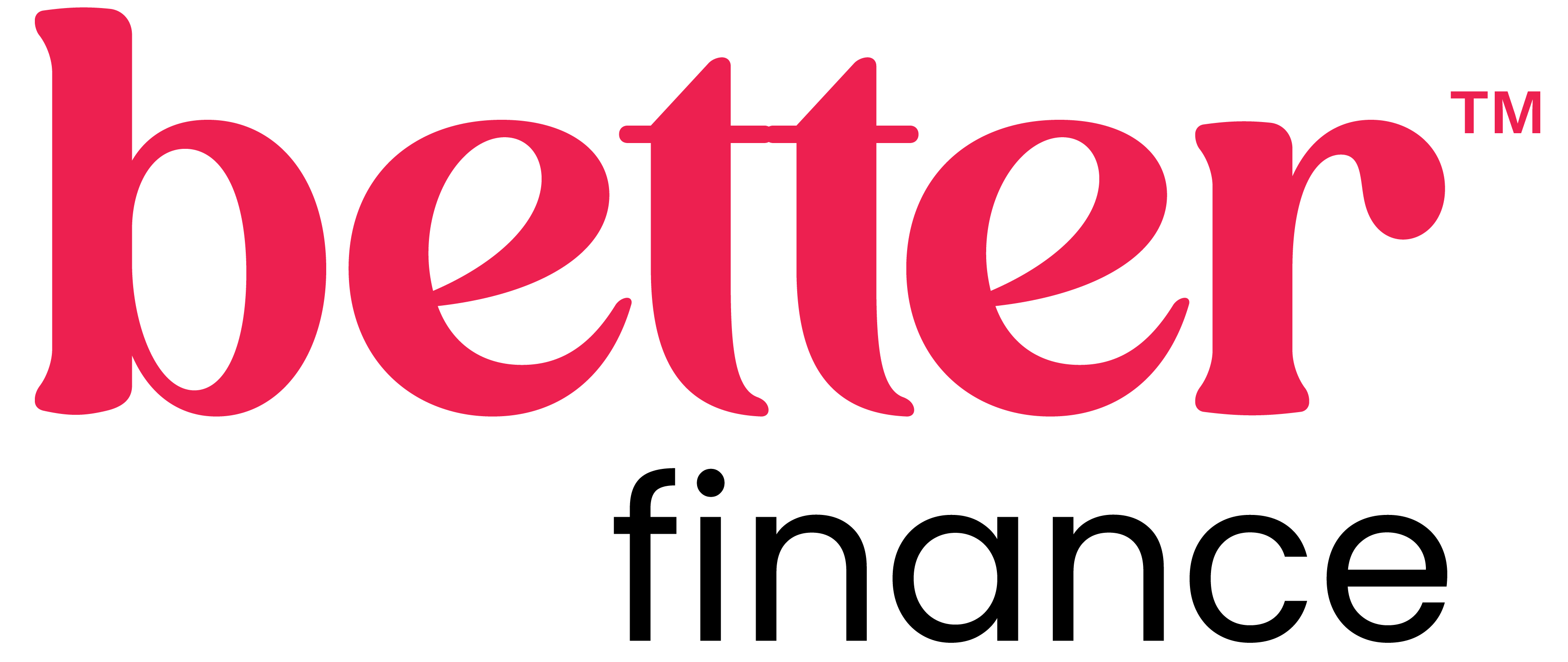
You probably share lots of things with your family, partner or even business associates.
Maybe you live under the same roof, spend your days in the same offices, or walk the same dog.
But have you thought about sharing your personal loan?
Sometimes, a joint personal loan can make a lot of sense.
Here’s what you need to know.
What is a joint personal loan?
A joint personal loan is a loan that is taken out by more than one person. If you’re borrowing money to buy a car that you’ll both use, for example, you might choose to take out the loan in both of your names.
Why would you consider a joint application?
One of the big reasons you might consider a joint application is the extra borrowing power it can give you. You can use both of your incomes to service the loan, you may be able to combine your savings for a deposit, and you may appear to be a more solid proposition to a lender as a unit than you would as an individual.
It also helps to share the responsibility – if you’re buying an asset that will be used by both of you, sharing the borrowing means the loan is spread equally, too.
Who can it work for?
Joint loans are often taken out by people in romantic relationships, but they can work in other scenarios, too. Family members might borrow money together, or business partners.
You might be taking a loan with your spouse to pay for a vehicle or even a wedding. You and your sister might take out a loan to have work done on a home you both own. Business partners might borrow money together to purchase an asset for the business.
How is it different from an individual loan?
When you borrow money as an individual, it’s completely your responsibility. But when you borrow money jointly, you share the obligation. But note that even though you may agree between you to pay half the repayment each, from a lender’s perspective, you are both liable for the full loan amount, so if one borrower stops contributing towards the loan, the other borrower still remains liable for the full repayment.
This makes it really important that you only borrow money with people you trust.
What are the benefits?
Your chances of approval may be better as a joint application than as an individual. You’ll usually have a higher income as a combo than you would alone.
You may be able to access better interest rates because of this, because you’ll look like a more reliable option to a lender.
But what are the drawbacks?
As we mentioned earlier, it’s very important to only borrow money with people you trust.
You’ll both be liable fully for the loan until it’s paid back.
Not repaying it on time can be damaging to your credit score, even if you’ve paid ‘your share’.
Who can apply for a joint loan?
You can apply with your partner, friends, family or business associates.
Anyone you borrow with will need to be at least 18 and usually will need a work permit, residency or to be a New Zealand citizen.
In most cases, all people applying for the loan will need to provide proof of address and proof of income, as well as identification.
Let’s break it down…
Pros
-
Increased borrowing power: You may be able to borrow more with someone else than you could alone (depending on other financial commitments they may have).
-
Shared repayment responsibility: You each have an obligation to repay the loan, so it’s not only up to one person.
-
Potential for better loan terms: You may be able to access better loan terms if the joint application makes you a more appealing prospect to a lender.
Cons
-
Both parties are equally liable: You’ll still be liable for the loan if your co-borrower doesn’t make their agreed loan repayments, and vice versa.
-
Impact on both credit scores: If one of you can’t meet your obligations and it affects your overall ability to repay the loan, it can affect your credit score.
-
Relationship risks if one party defaults: If something goes wrong, there could be emotional as well as financial repercussions. Disputes over money can be hard on relationships.
Step-by-Step Guide: How to Apply for a Joint Personal Loan
Assess your financial situation
-
Review both applicants’ credit histories: What’s your credit score? Are there any inaccuracies on your credit record?
-
Calculate combined income and expenses: How much could you afford to repay each fortnight or month? Do you have any expenses coming up that you need to be aware of?
-
Discuss financial goals and repayment plans: What are you borrowing money for, and how does that fit into your wider financial picture?
Talk to better finance™ about your options
We can help you work out which lenders might be appropriate for your circumstances.
Gather required documentation
You’ll be asked for some documents as part of the application process. You’ll need proof of identity, such as your driver’s licence, proof of your income, such as your bank statements or pay slip, and something to verify your address. You’ll also need to provide details of any existing debts or financial commitments.
Submit the application
better finance™ has a straightforward online application process to get the ball rolling.
Lender credit and affordability checks
Lenders will then check that you can afford the loan before it is approved. They will look to see whether you meet their criteria and whether you can comfortably service the loan you’re trying to take out.
Loan approval
When you’re approved, we’ll help you to ensure that you understand the loan agreement and check things like the interest rate you’re agreeing to, the repayment schedule and any fees before you sign. You’ll have a cooling-off period, too, if you change your mind about the loan.
Loan disbursement
The money is released. Depending on what you’re borrowing for, this might go to you or to a third party, such as a car dealer. You’ll then need to set up your joint repayments. It often helps to arrange this so that they go out on or near your payday, so you’ll know you’re likely to have the money available.
What happens if one person can’t pay?
You’ll both still be liable for the loan, even if one person can’t pay.
If you think you’re heading for trouble, it’s important to talk to the better finance™ team or your lender as soon as you can. Lenders have processes they can use to help if you’re in hardship, but it’s important to be proactive and seek help before you miss your repayments, not after.
It might help to have a written agreement between you and your co-borrower to spell out exactly what is expected of each person.
FAQs
-
Can we apply if one person has bad credit?
Yes, you can. How much difference it makes to your application may depend on the credit score of the other borrower.
-
How does a joint loan affect our credit scores?
If you make your loan repayments on time, paying back your loan can improve your credit score. But if you miss repayments, it can have a negative impact.
-
Can we remove a co-borrower later?
This will usually require you to apply to the lender to have the loan refinanced into one person’s name. We can help you with this.
-
What if our relationship changes?
You’ll still be required to repay your loan. It’s a good idea to think about how you might cope with any changes at the outset.
Ready to take the next step?
If you’d like to know more about taking a joint personal loan, get in contact with the team at better finance™. We’re personal finance experts and can answer any questions you might have.
Disclaimer: Please note that the content provided in this article is intended as an overview and as general information only. While care is taken to ensure accuracy and reliability, the information provided is subject to continuous change and may not reflect current developments or address your situation. Before making any decisions based on the information provided in this article, please use your discretion and seek independent guidance.





